Search at Eva Stankiewicz's. justice Kamila Borszowska-Moszowska analyses the case
date:27 August 2025 Editor: Anna On March 7, 2025, the Military Gendarmerie conducted a search at the home of writer Ewa Stankiewicz and her husband, engineer Glenn Jørgensen. The officers entered 3 rooms: the apartment, the tenant cell and the basement. 9 MPs participated. The operation was conducted on the basis of the prosecutor's order and afraid alleged fragments of the wreckage of the Tu-154M aircraft, which crashed on April 10, 2010 in Smolensk.
According to Ewa Stankiewicz's account, she was not informed about her right to adopt a individual who could be present during the search. The act itself was profoundly invasive and affecting its privacy. Officers entered all rooms, including the bathroom. They searched through paper drawers, looked into private places that, in the opinion of a journalist, should never be of interest to state authorities. What was to be an investigative action was perceived by her as a violent intrusion into the most individual areas of life.
The search ended without any evidence. No items were secured, nothing was found to justify specified a far-reaching interference in citizens' privacy. However, there is simply a strong feeling that fundamental constitutional values have been violated. The feeling of violating human dignity, his right to privacy, and the autonomy resulting from the pursuit of an independent journalism profession.
Constitution of the Republic of Poland in Article 30 makes it clear that natural and inalienable human dignity is simply a origin of freedom and human rights and citizens. This dignity is protected by public authorities. The search of the citizen's flat is 1 of the most drastic means of interference in his private sphere and as specified must each meet the highest constitutional and conventional standards. It should be legal, essential and proportionate.
In the case law of the European Court of Human Rights There is no uncertainty that the search, even carried out on the basis of a formally correct order, may violate
Article 8 of the European Convention on Human Rightsif there is no real request for interference.
In Smirnov v Russia (complaint No 71362/01) The Court stressed that searching a non-suspected individual requires a peculiarly careful justification. In the case of Ewa Stankiewicz, we are not dealing with a suspect. We are dealing with a public person, a writer who has been conducting his own journalistic investigation into the Smolensk disaster for years.
European Court of Human Rights judgement of 27 March 1996 year in case Goodwin v United Kingdom (appeal No 17488/90) He ruled that the protection of journalistic sources was 1 of the foundations of freedom of the press. Any interference which may lead to disclosure of sources of information, including searches, constitutes a breach Article 10 Conventionunless there is an exceptional and clearly demonstrated social need. Moreover, specified action must be proportionate to the nonsubjective pursued.
In the case of Ewa Stankiewicz, the search included not only the search for hypothetical material objects, but besides access to documents, correspondence, private records. As a result, not only privacy was violated, but besides the anticipation of breaking journalistic secrecy was opened. The deficiency of safety against this interference puts military services' actions at odds with the guarantees of both the Polish Constitution and the European Convention on Human Rights. ...
In the case of the search with Ewa Stankiewicz, no circumstantial premises were shown. The necessity has not been demonstrated. Proportionality has not been demonstrated. It was based on assumptions and hypotheses. Meanwhile, Ewa Stankiewicz was not a organization to criminal proceedings, but an active associate in public debate. In a democratic state, the right of service to act towards citizens, and even more so towards journalists, must be maintained with the highest constitutional standards. In this case, the regulation of law test has not been passed. Not only privacy, immunity and safety have been violated. Rules have besides been violated, which form the foundation of media freedom. alternatively of securing alleged evidence, something far more disturbing was achieved. A signal was sent that the limits of state interference towards journalists were no longer clear.
The regulation of law must not base forced action against citizens on conjecture. Legality, necessity and proportionality must be clearly demonstrated each time. specified standards were formulated both by the Constitution of Poland and by the European Court of Human Rights.
[Judge Kamila Borszowska-Moszowska, Deputy Disciplinary Officer of General Court Judges, Lecturer KSSiP and Angelus Silesius Academy of Applied Sciences]
Source: tysol.pl
Photo: in Poland24


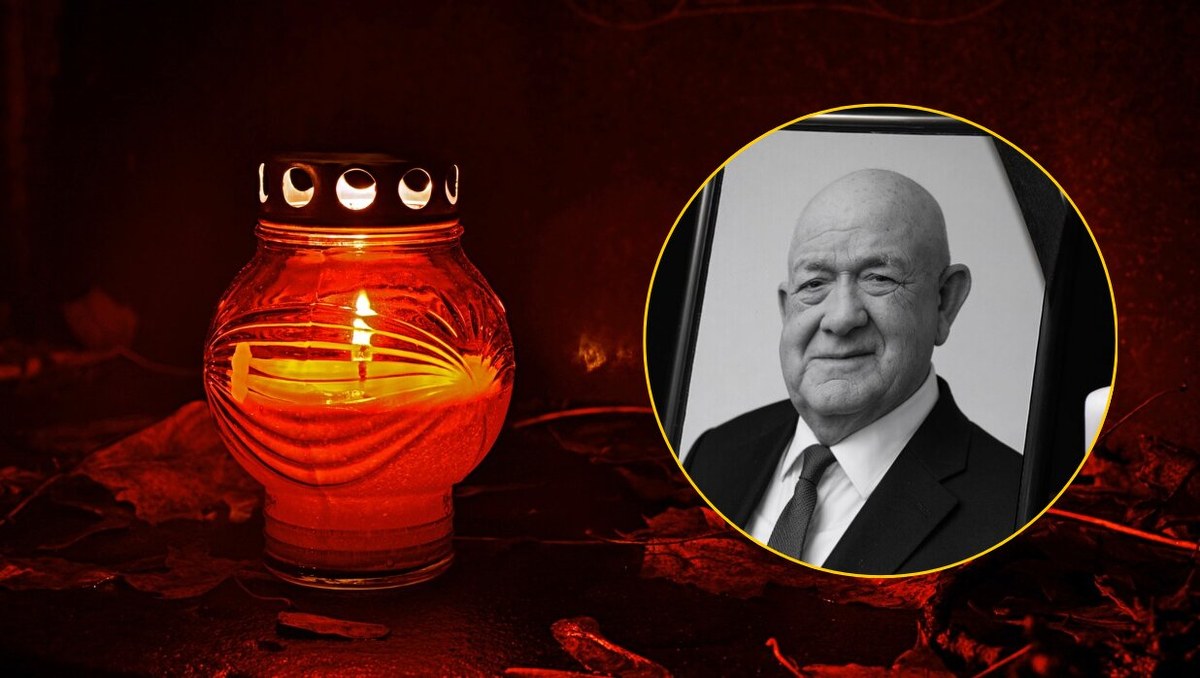
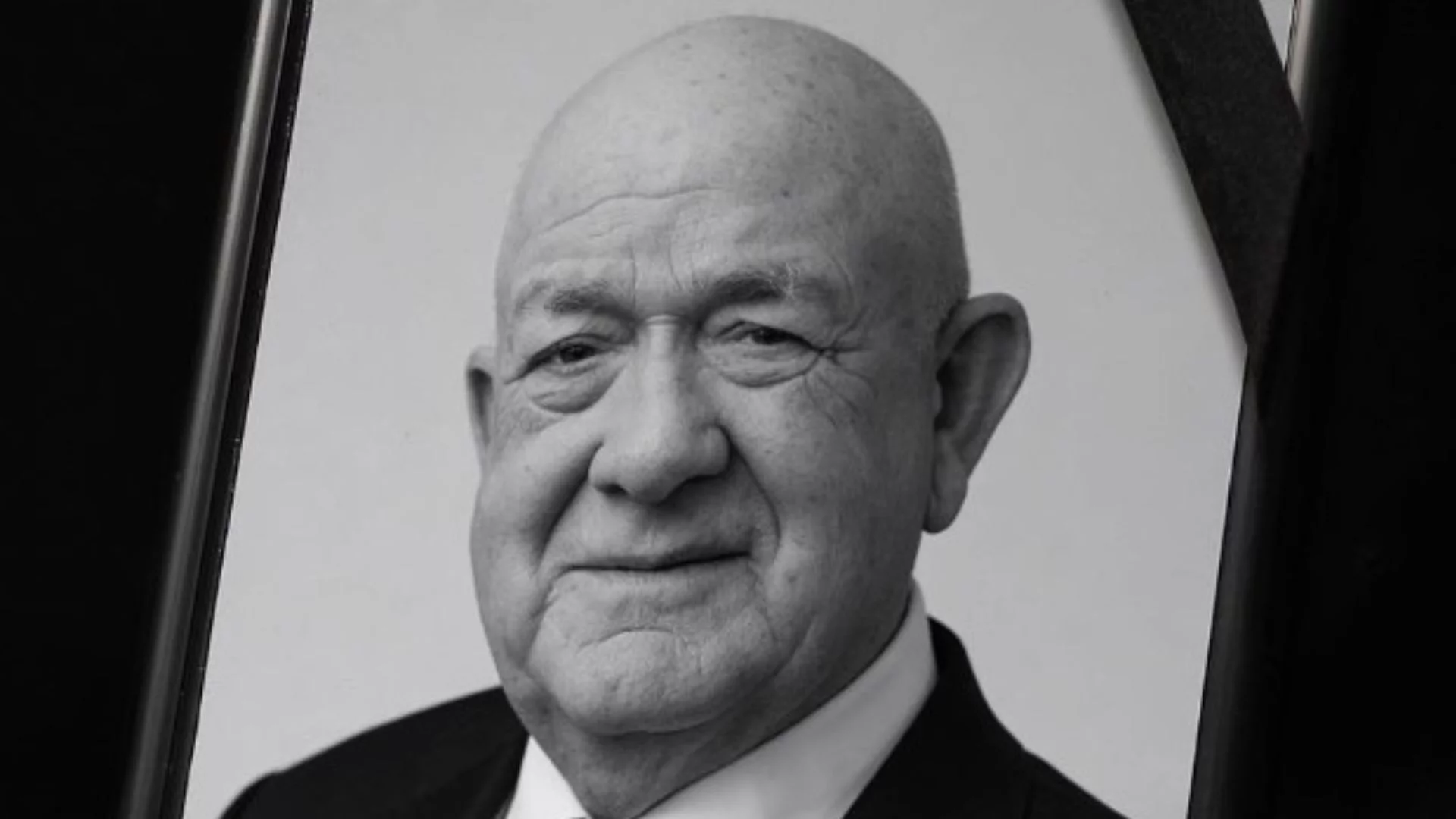

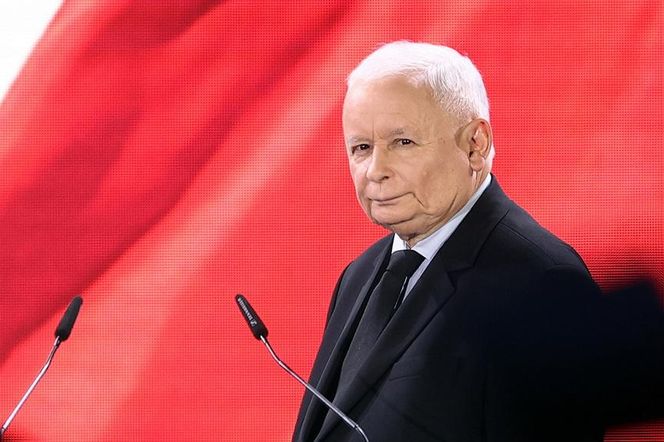

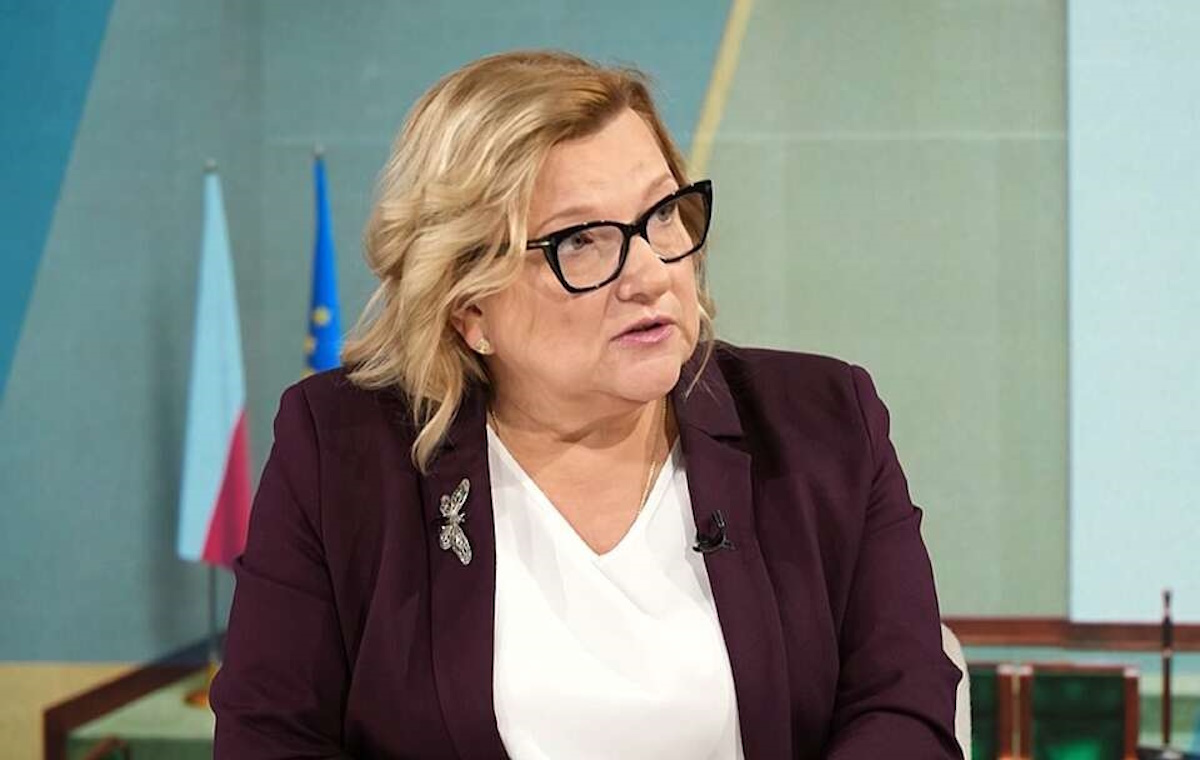
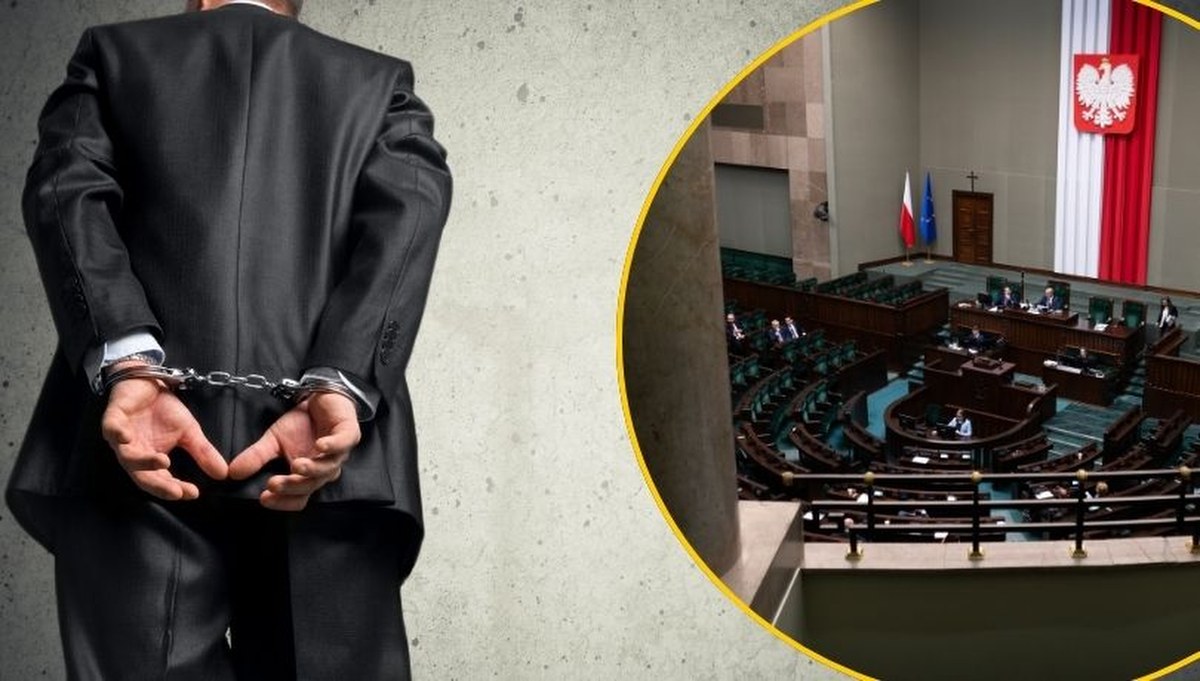
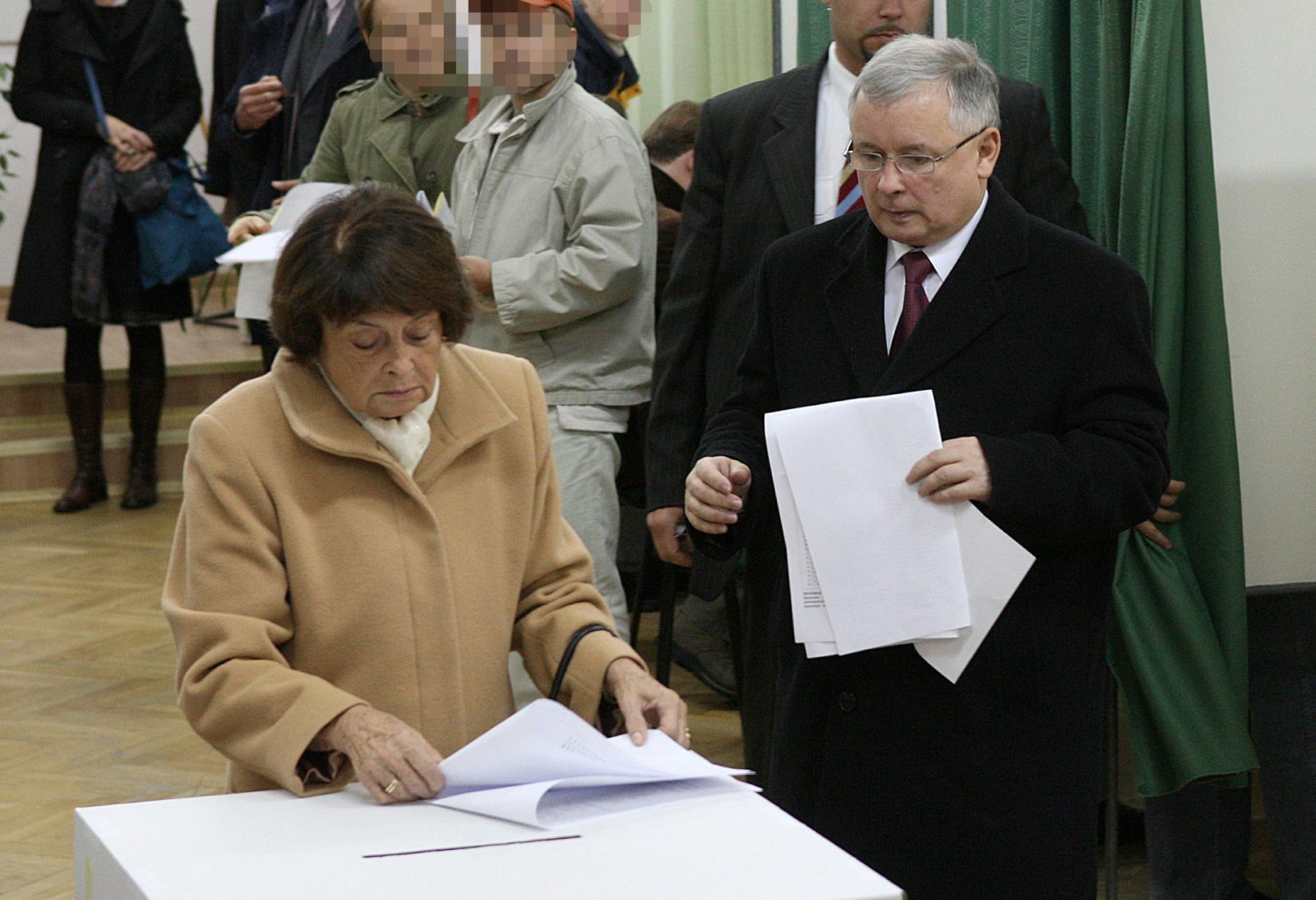
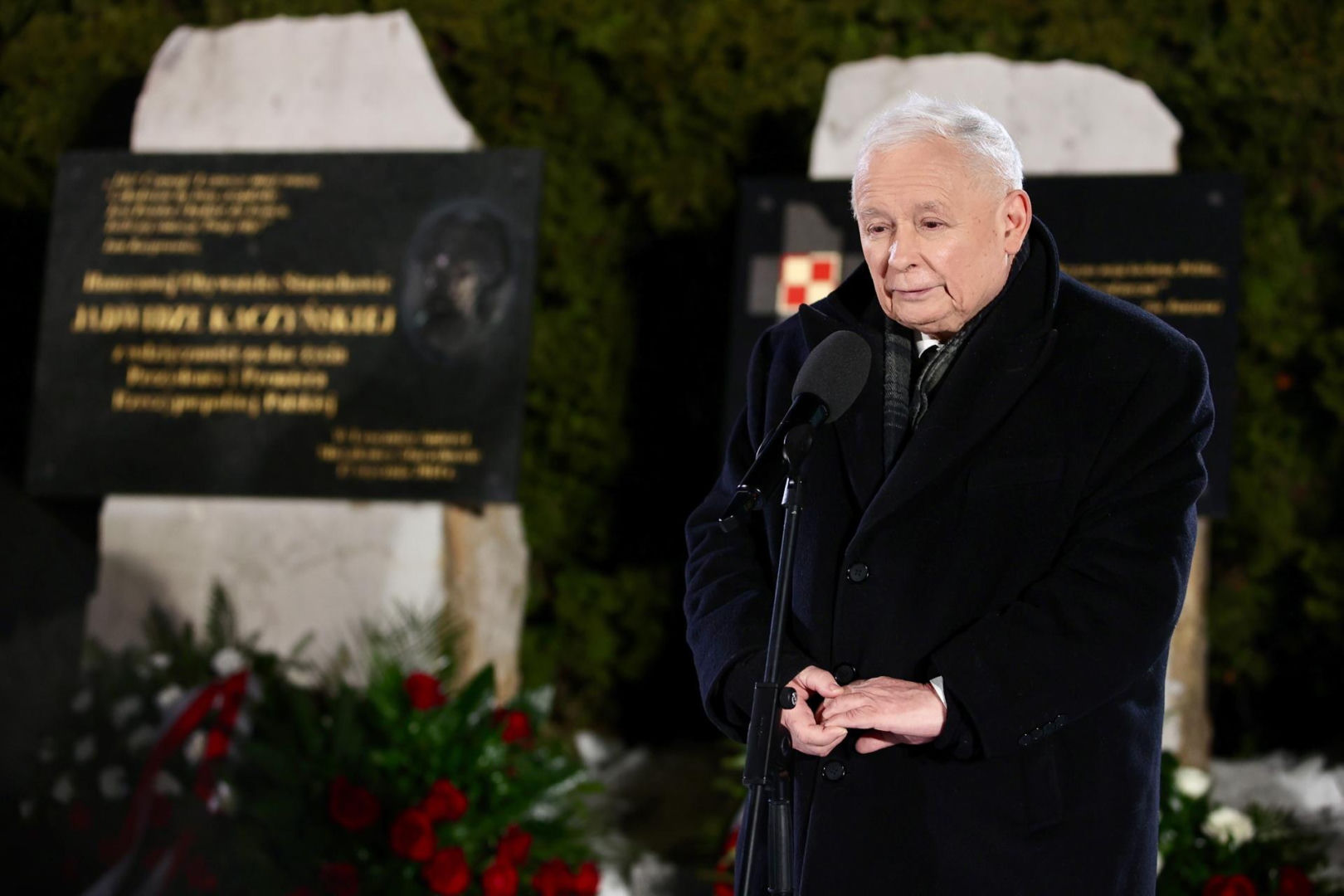
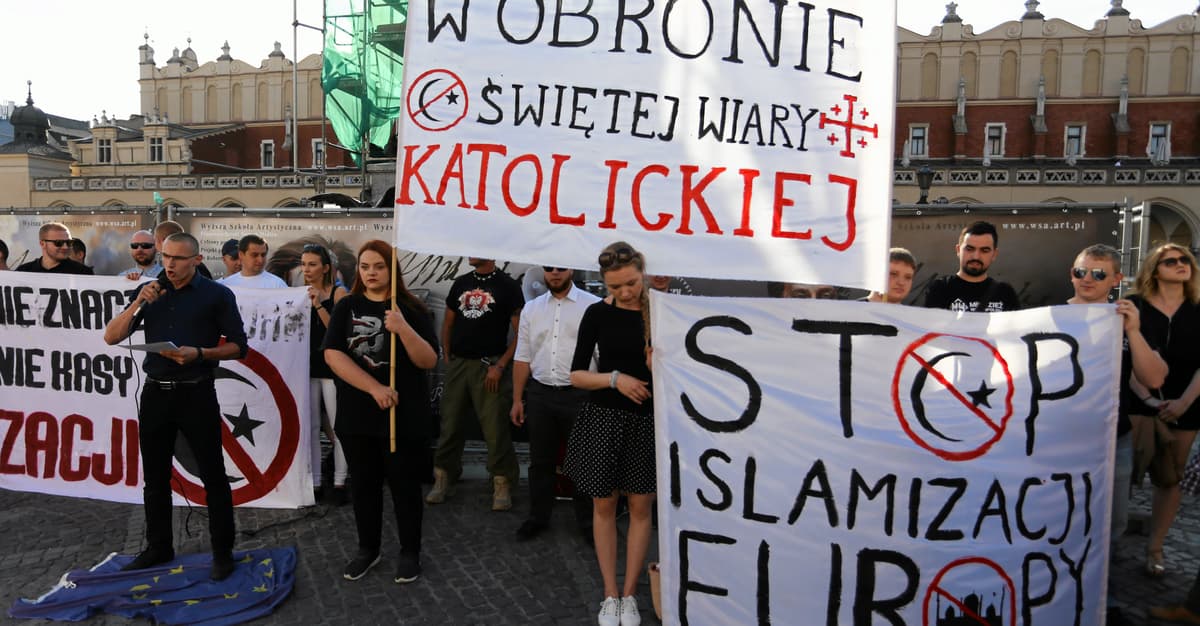


![„Społeczeństwo islamu nie jest zdolne do reformy” [Ferghane AZIHARI]](https://wcn-media.s3.us-west-004.backblazeb2.com/2026/02/ahmadardity-quran-4951042_1920.jpg)

